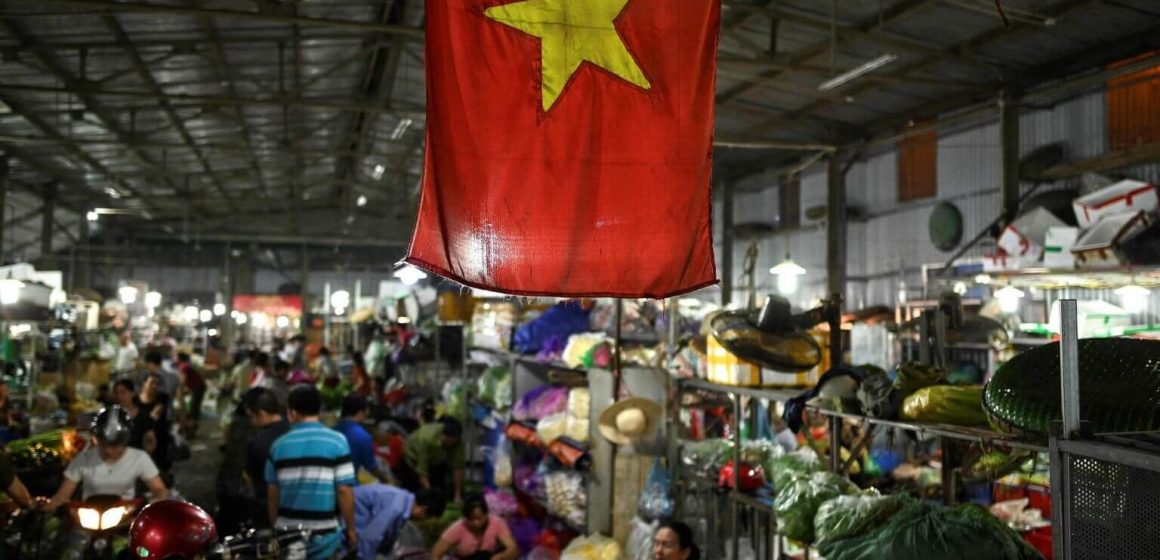As Beijing’s signature foreign policy program stretches its global multi-trillion dollar economic clout, some developing countries are saying no to BRI financing. This is increasingly so in ASEAN countries like Myanmar, Malaysia, and Vietnam, which are most concerned about the high costs of China-led projects, along with China’s increased influence and undue leverage over their sovereign interests.
Since the Blue Dot Network encourages the adoption of trusted standards for “quality, global infrastructure development in an open and inclusive framework,” it offers an excellent opportunity for Vietnam, a country unwilling to hand over to China all of its infrastructure needs for roads, rail, airports, ports, telecoms and water.
According to the World Bank, Vietnam projects at least $25 billion for infrastructure investment per year to maintain its economic growth, which has fallen to 2.9% since the pandemic.
With a relatively high public debt burden and nascent capital markets, Vietnam has been searching for alternative ways to meet its infrastructure needs and BDN could be poised to fill that need.
While Hanoi has endorsed the BRI, and that includes the Asian Infrastructure Investment Bank, it remains very sceptical of the serious strategic implications, including what many other ASEAN neighbours have experienced in falling into a “debt-diplomacy trap.” Yet, the global economic wreckage from COVID-19 lends itself to opening up the doors for a borrowing binge.
Read full story: https://www.beltandroad.news/2020/05/30/washington-slow-to-connect-its-blue-dot-network/
Photo: The Business Times


Leave a Reply